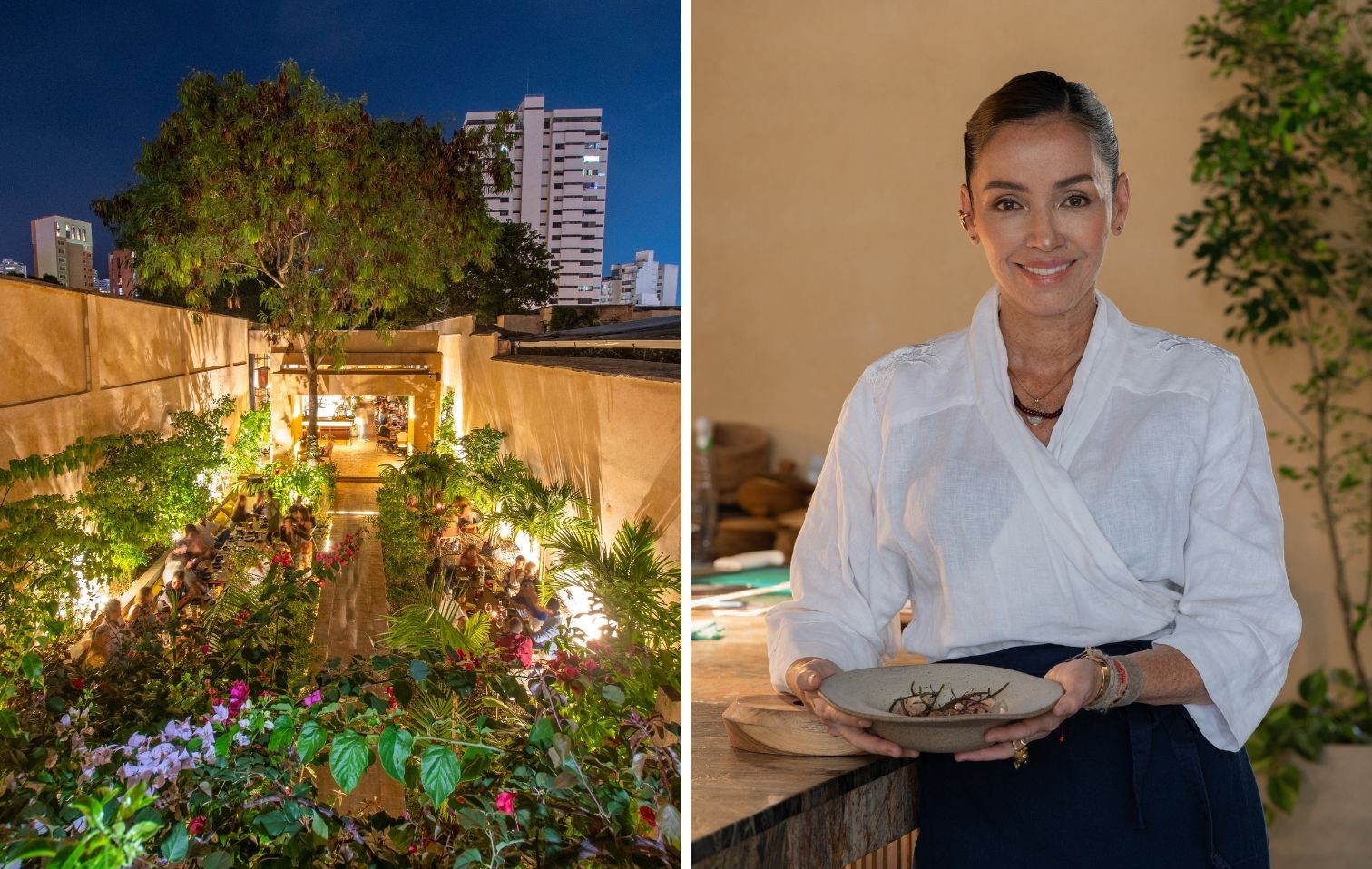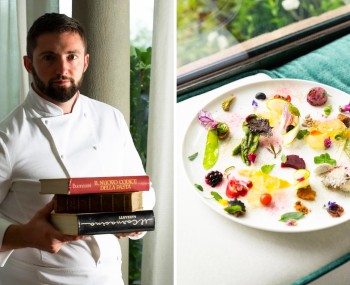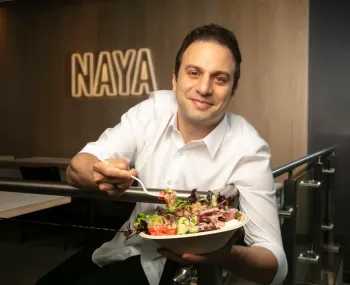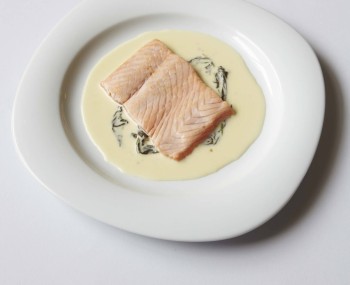Elegant, delicate, tasty, wild. This is Catalina Vélez's cuisine and this is how she is. A cultured chef in love with her country, with the power to make anyone who spends time in her company fall in love with Colombia. I have had that pleasure.
The chef
The reporter's detached gaze falters in the face of Catalina Vélez. And it must be admitted, so it is true a bit throughout Colombia where everyday life is measured by feelings, passion, boundless hospitality and inordinate affection. It is difficult, therefore, to maintain a lucid gaze while the material interpreters of Colombian culture tell you about it and make you experience it with a natural inordinate pride. All this is accentuated with Cata, this is the name by which she is known to everyone in Colombia.
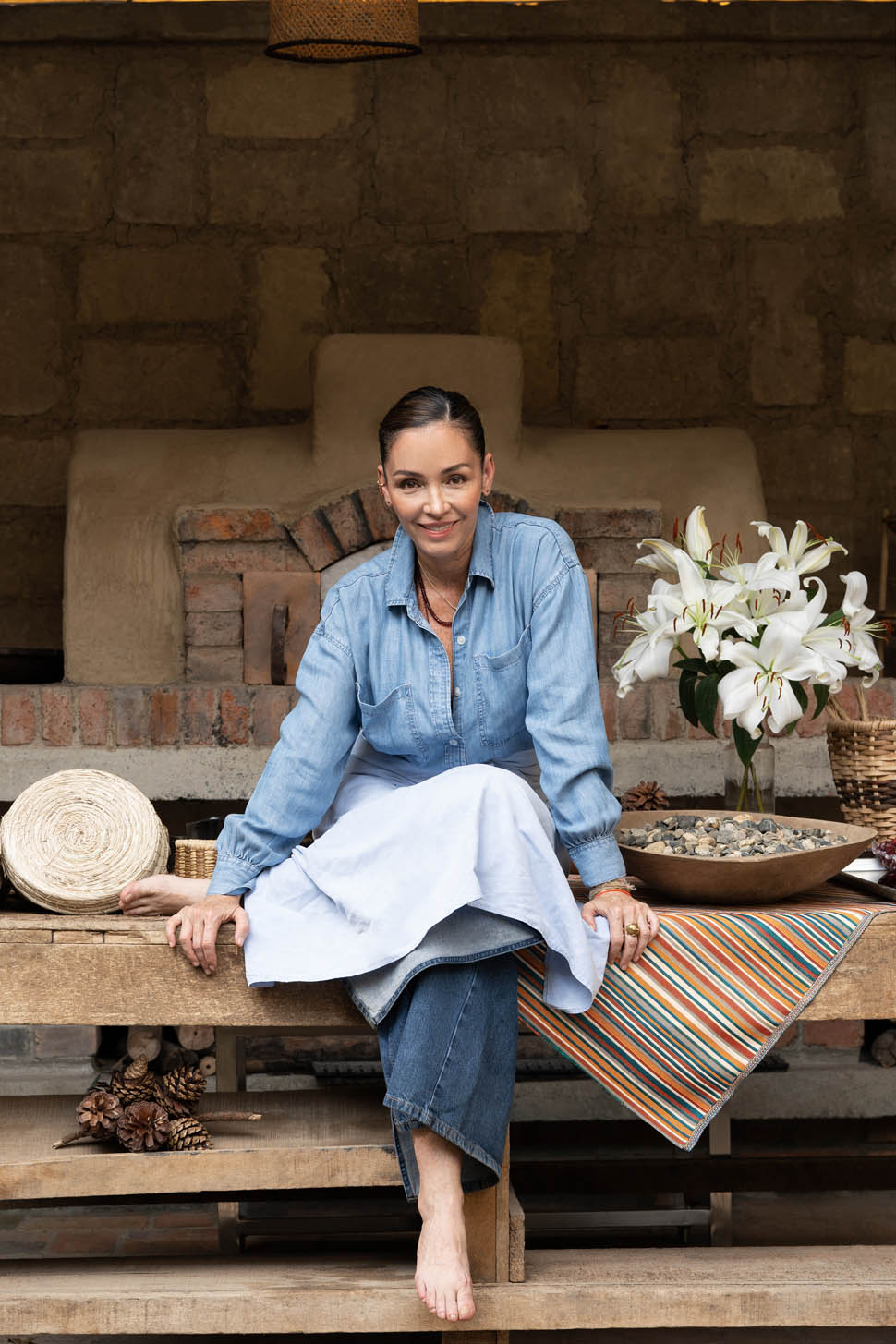
I land in Cali, the salsa capital of the world, for the first time, and with no small amount of excitement I reach the Alko Hotel Casa Níspero in the traditional and festive San Antonio neighborhood, where Domingo, its restaurant here opened in late 2023, is also located. But there are stories before we get to the present. Catalina is from Pereira, trained at Cordon Bleu in Paris, traveled extensively, and one day decided to return to exalt herself and her country, but not in Pereira, in Cali. She believes she was chosen by Cali, the power of the city where the devil is said to have decided to stay and live, magic and Afro culture in spiritual Cali. And so after 18 years spent crisscrossing Colombia in search of ingredients, flavors and culinary traditions from different regions, the TV chef considered a culinary ambassador of southwest Colombia now presents all her knowledge in a true “green gastrosocial oasis.”
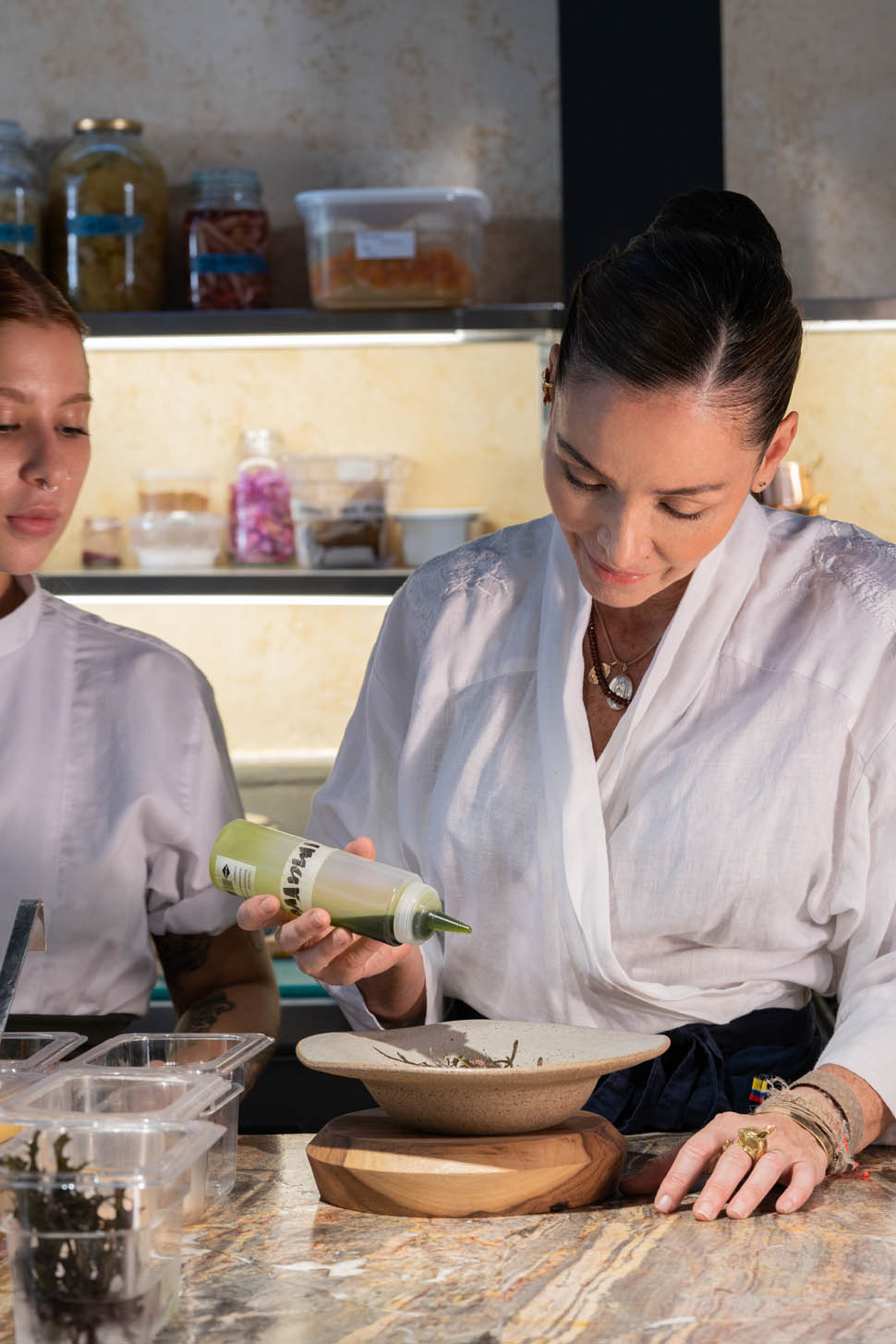
With an open kitchen in front of an edible garden with more than 300 plants, including fruit trees and more than 70 species native to the Pacific Valley, the restaurant integrates the flavors of traditional gastronomy in which local Colombian ingredients from organic farming take center stage. Based on the concept of “edible landscapes,” Catalina brings to the table the restoration of the value of rural gastronomic heritage, ethical and conscious consumption, and healthy food for body, mind, and soul.
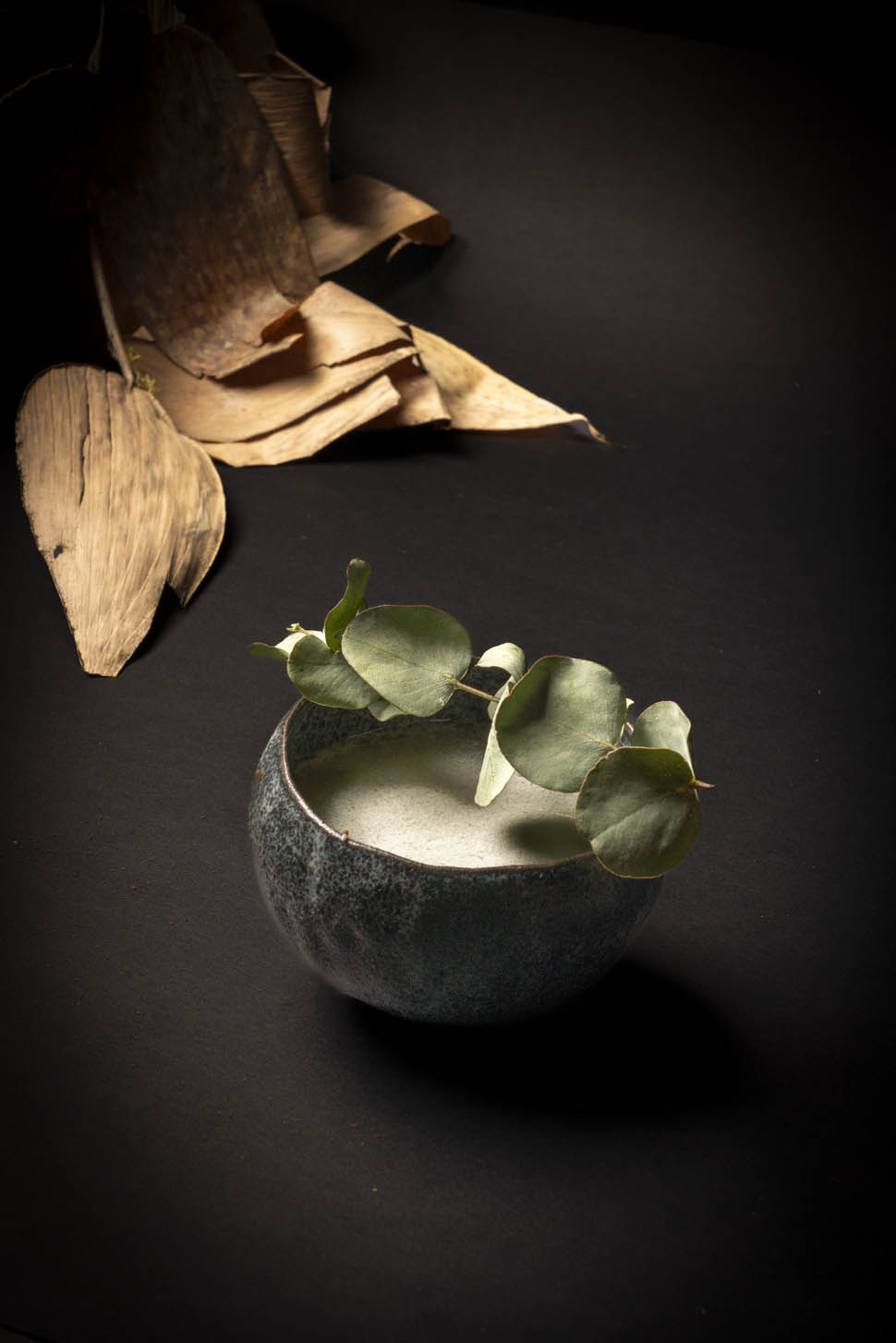
The ingredients of southwestern Colombia and the cultural richness of its communities serve as a starting point for innovative creations supported by her philosophy of life: transforming cooking into a vehicle for generating the well-being that everyone involved in the food chain deserves, giving visibility to local products and artisanal labor from every corner of Colombia, while keeping the country's culinary traditions alive. Together with her team, the chef, who has been featured on Latin American television culinary programs for years, demonstrates that it is possible to create high-end cuisine by reducing waste to zero, buying directly from producers, and recovering ingredients on the brink of extinction. She offers diners a tale of local history in an increasingly uniform world devoid of identity, reshaping the traditional to give culture the reach it deserves.
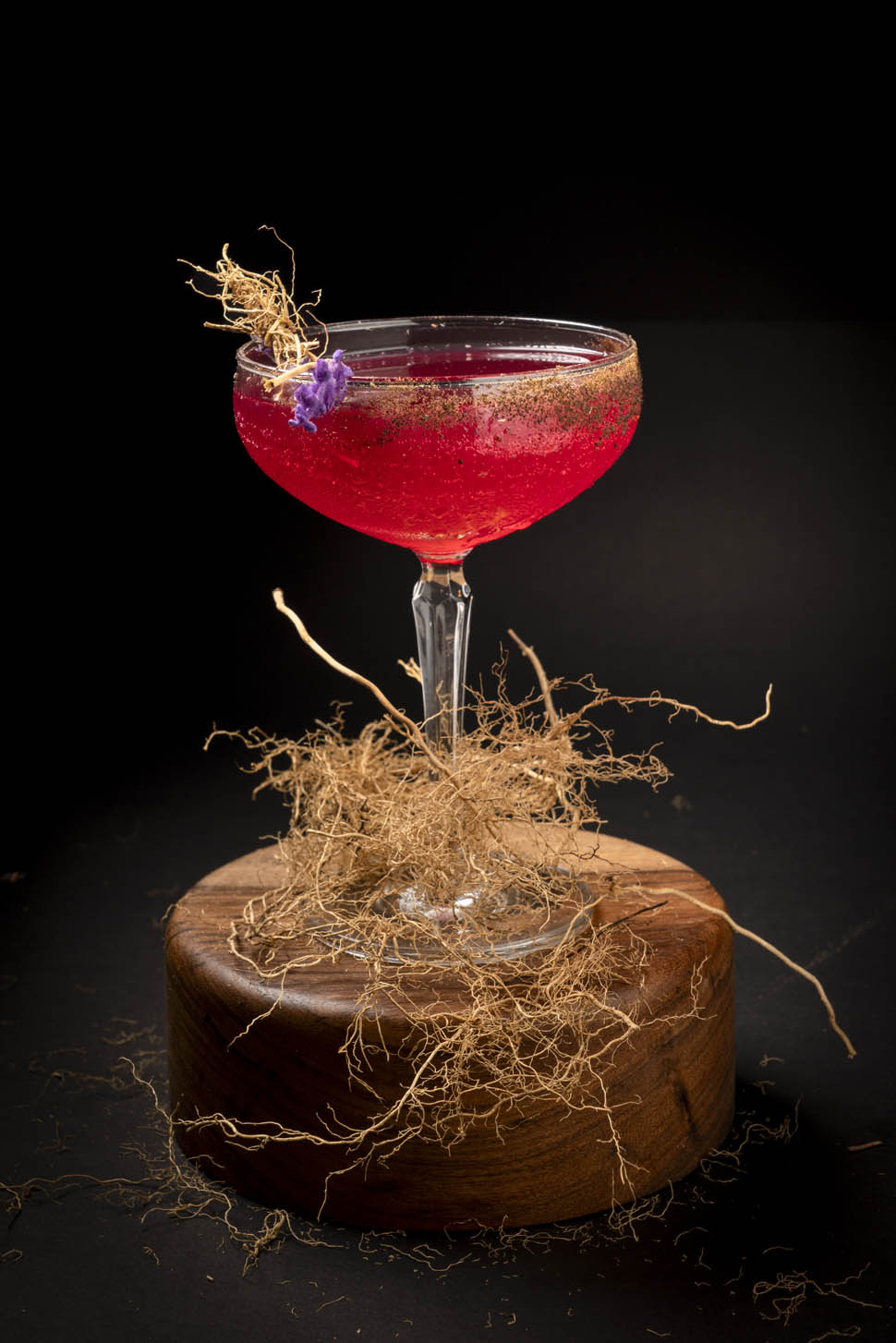
The restaurant
So here we are at Domingo restaurant, a temple of sustainability and creativity with a design that recalls the colors and textures of Colombian nature. Domingo, whose name is meant to evoke the unity and warm conviviality at times fiery of the city's authentic markets, was born as a result of the investigation of Colombia's territories and its inhabitants, as a proposal to make communities, farmers and gastronomic artisans visible. “Our project wants to be the link that tells the story behind each product, allowing us to generate social justice and a circular economy, the axis of our future,” says Cata.
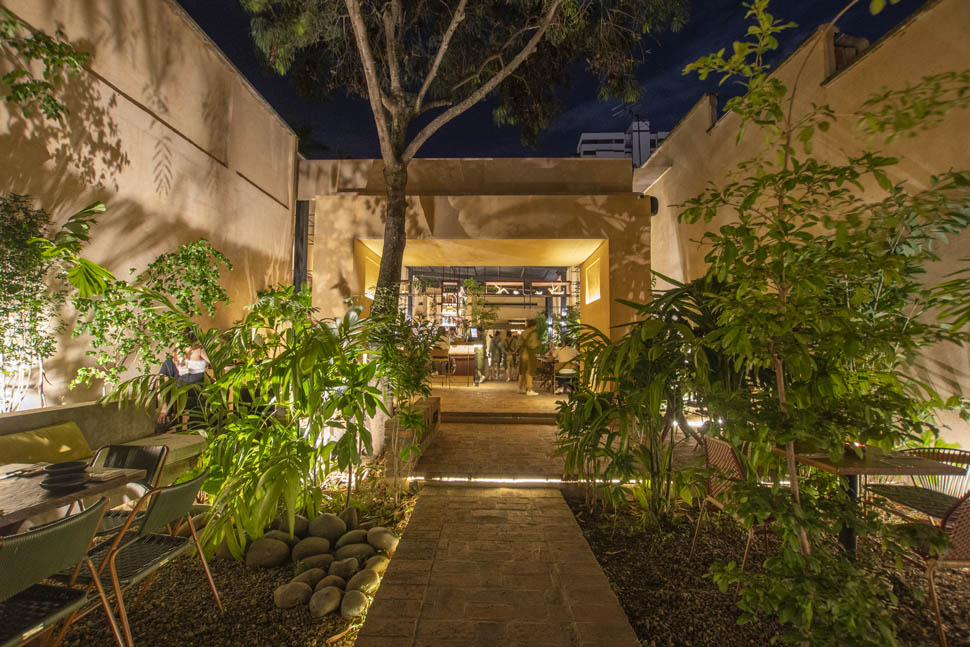
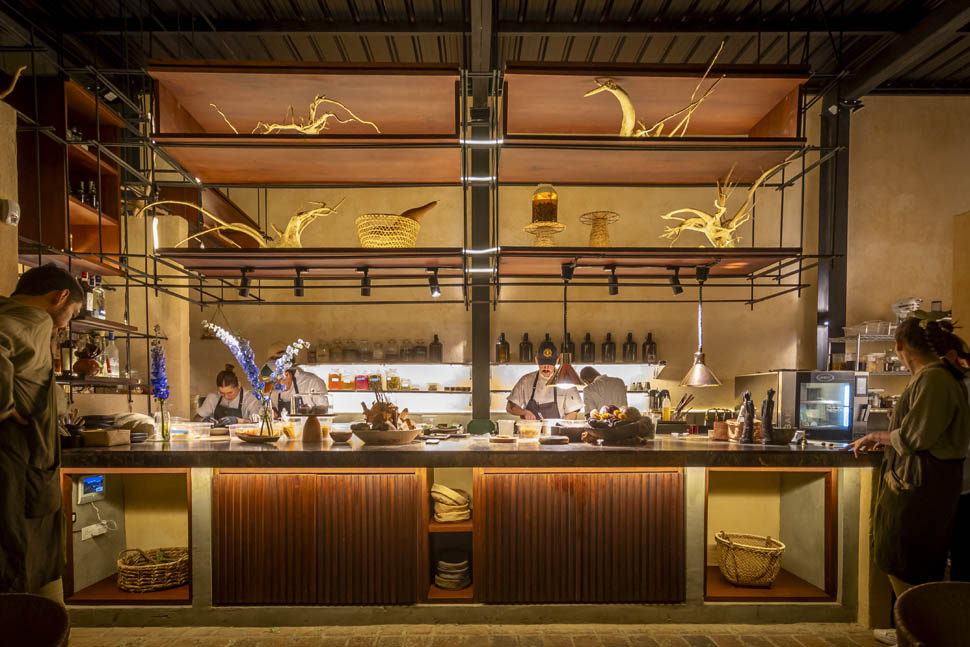
Catalina Vélez's cooking philosophy is a skillful mezcla of heritage and present, on which to build an exciting and just future. At Domingo Restaurant, every dish is a celebration of Colombian biodiversity, a tribute to the richness of the land and the ancestral culture that has shaped the country's cuisine. One of the most distinctive aspects of Catalina's work is her ability to reinterpret traditional Colombian dishes in a contemporary way, without ever losing sight of the authenticity of the flavors. A perfect balance between technical experimentation and respect for tradition can be found in her dishes. Her cuisine is a sensory journey that leads diners to discover the many facets of Colombian culture, through unexpected combinations of flavors and textures.
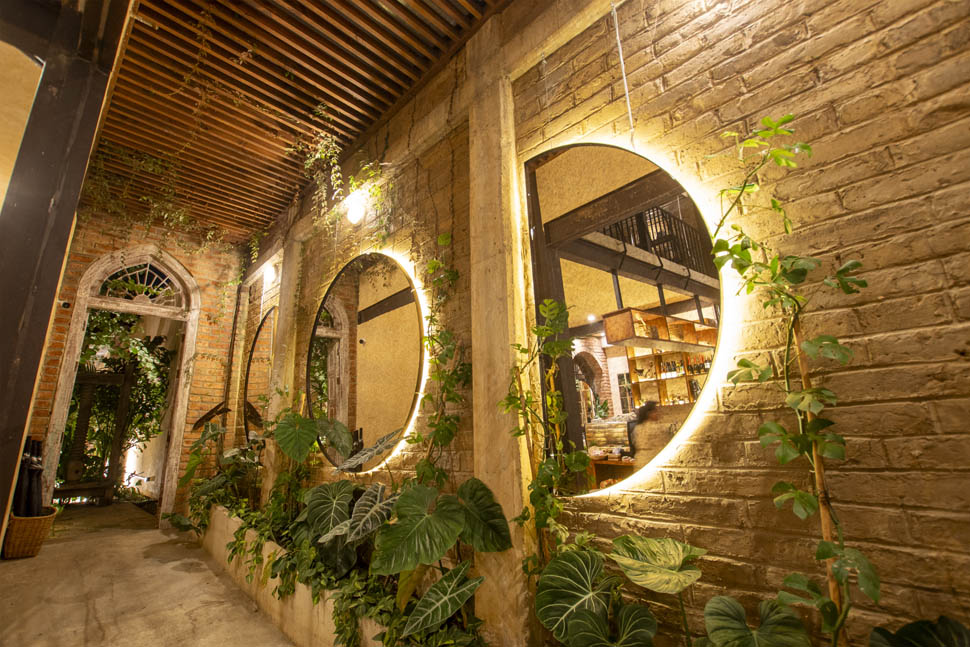
The dishes
Some examples of the beauty that Cata creates and plates together with his very young team? “Uramba” from the La Plata Archipelago, a horse mackerel (blue fish), eaten on the Pacific coast smoked or salted. It is seasoned with lacto-fermented currant salt and dried seaweed that imparts a deep sea flavor; served with coconut kefir yogurt, lemon gel, tangerine, and citrus zest sauce, it is emblematic of the most important inputs for food sovereignty and identity in Bahía Málaga, a special and remote place where Cata has forged deep bonds with the local community.
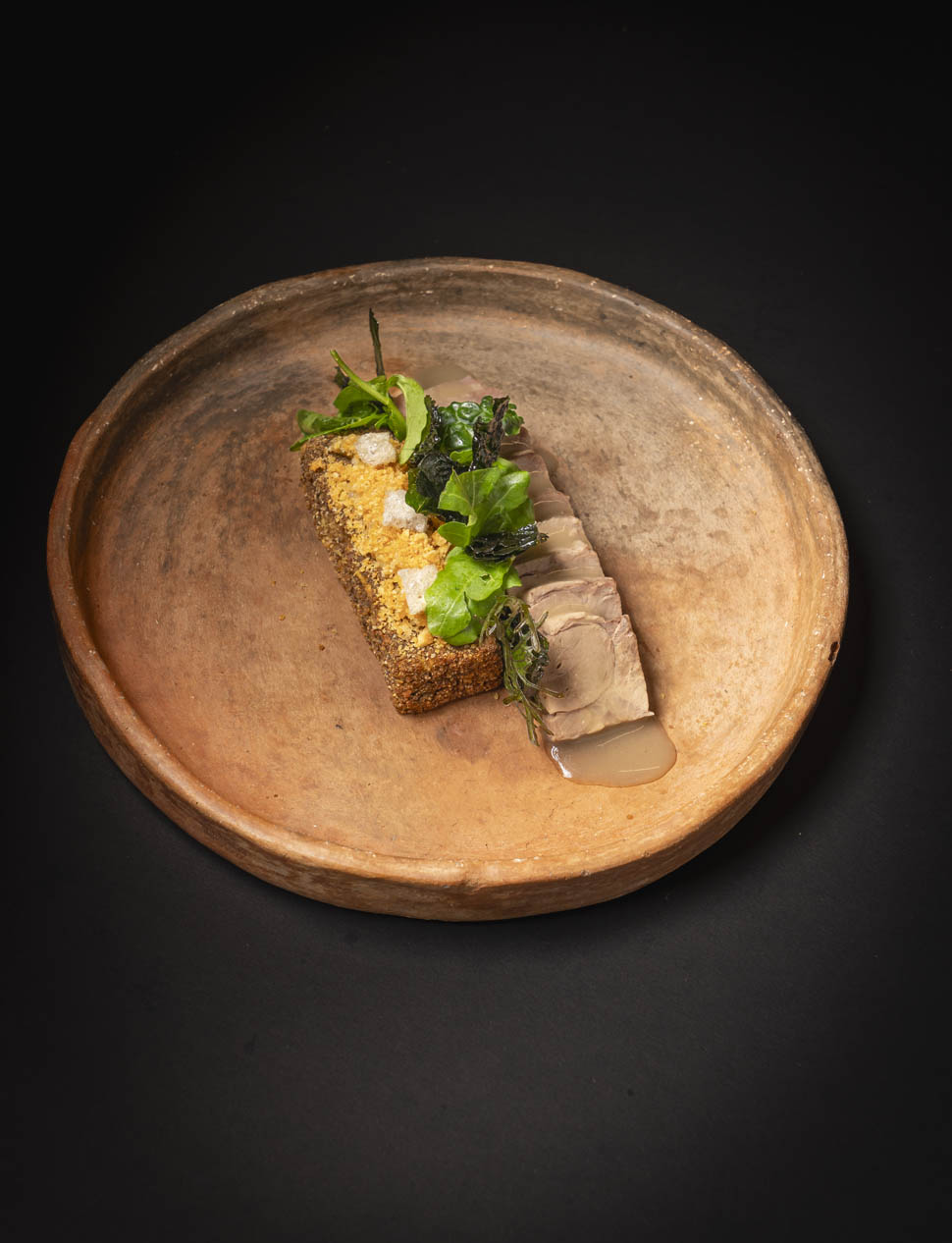
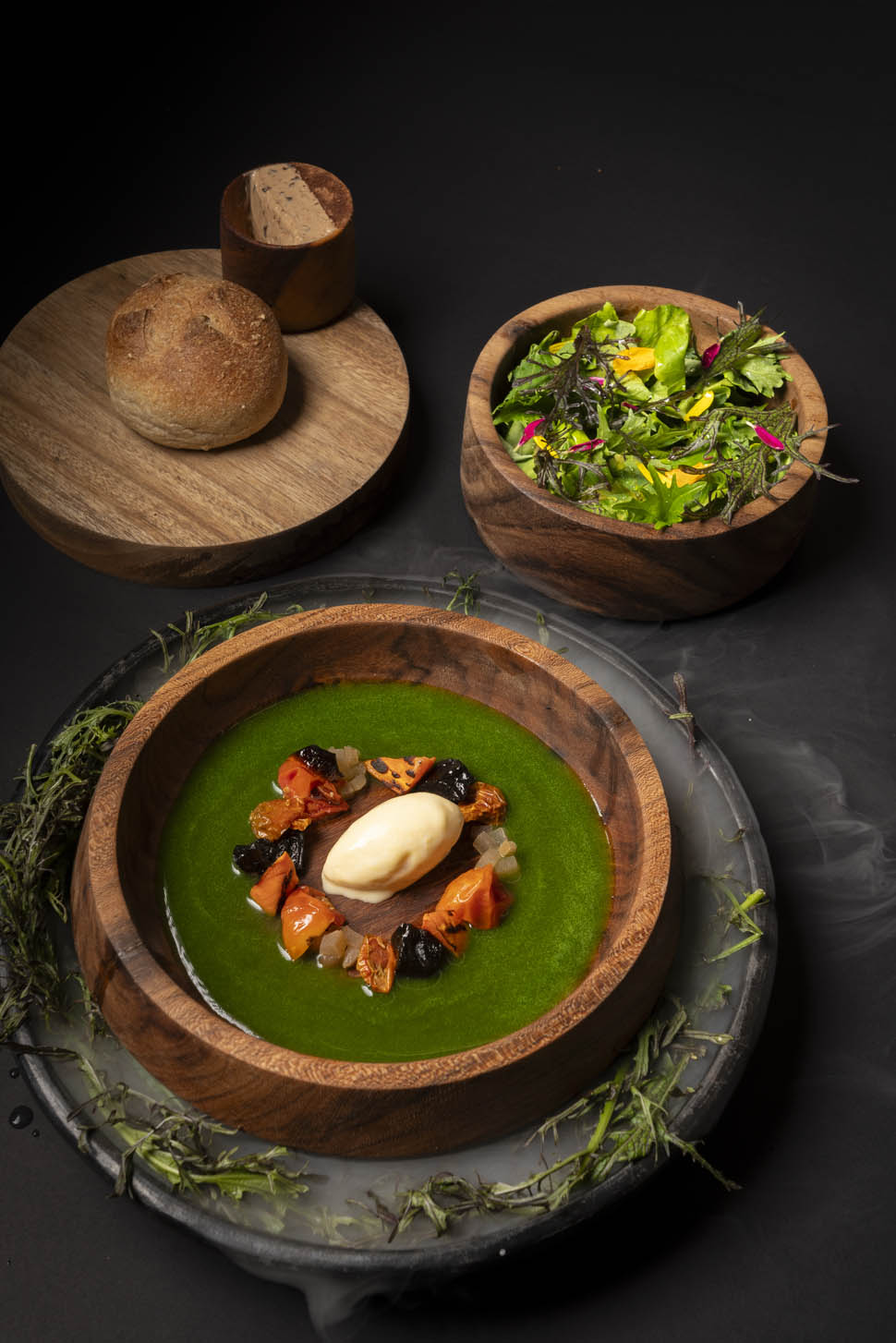
Then there is “Baia Tumaco” from the Department of Nariño: shrimp cured in seawater to enhance their sweet flavor, the shells are used to make a very aromatic base with which leche de tigre is prepared. The yacon (superfood tuber) is smoked and grilled, one part used in the leche itself, the other with Jamaican salt sheets and sweet chili peppers as accompaniments. The shrimp come from an artisanal fishing community in Tumaco.
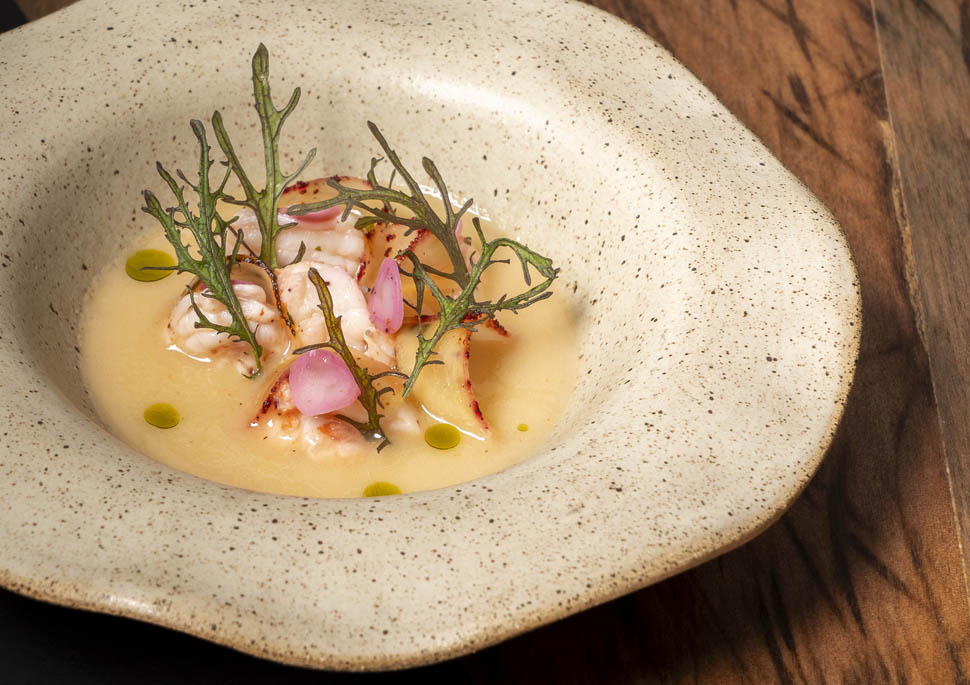
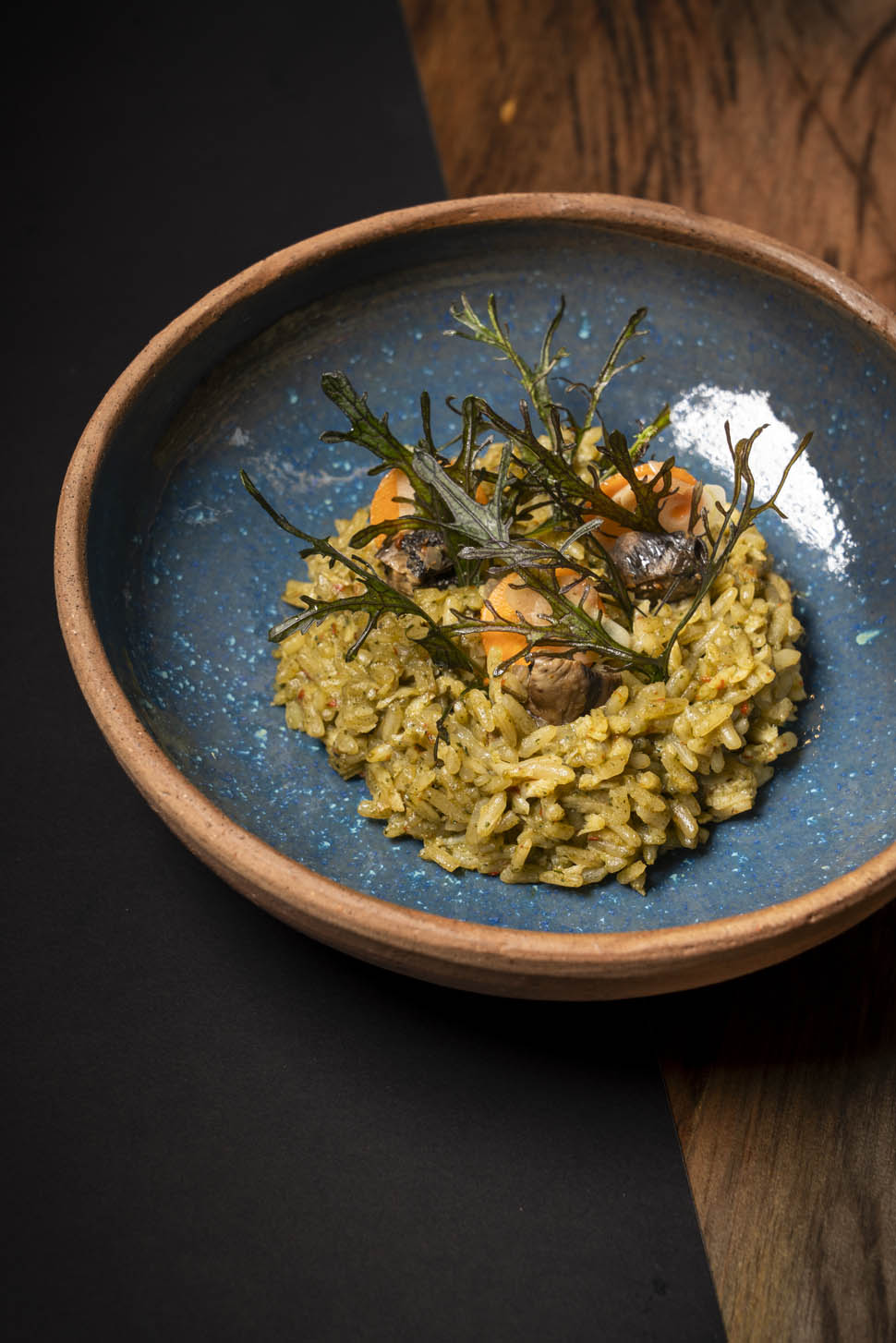
And again the “Pichindé” from the Cali Valley. This dish describes the ways of eating the famous street food in the city. Pandebono (a type of Colombian bread made with cornmeal, tapioca flour, cheese and eggs) made in the traditional way, with native corn from the Zenú community of San Andrés de Sotavento and the Misak community of Guambia Cauca, seasoned and then processed with leaf cheese and sweet starch. A kind of crispy wafer is prepared with this mixture and filled with chontaduro hummus (fruit of a very valuable local palm tree), finished with raw honey crystals of the lulo fruit fermented in the traditional way to make champus (traditional drink with corn).
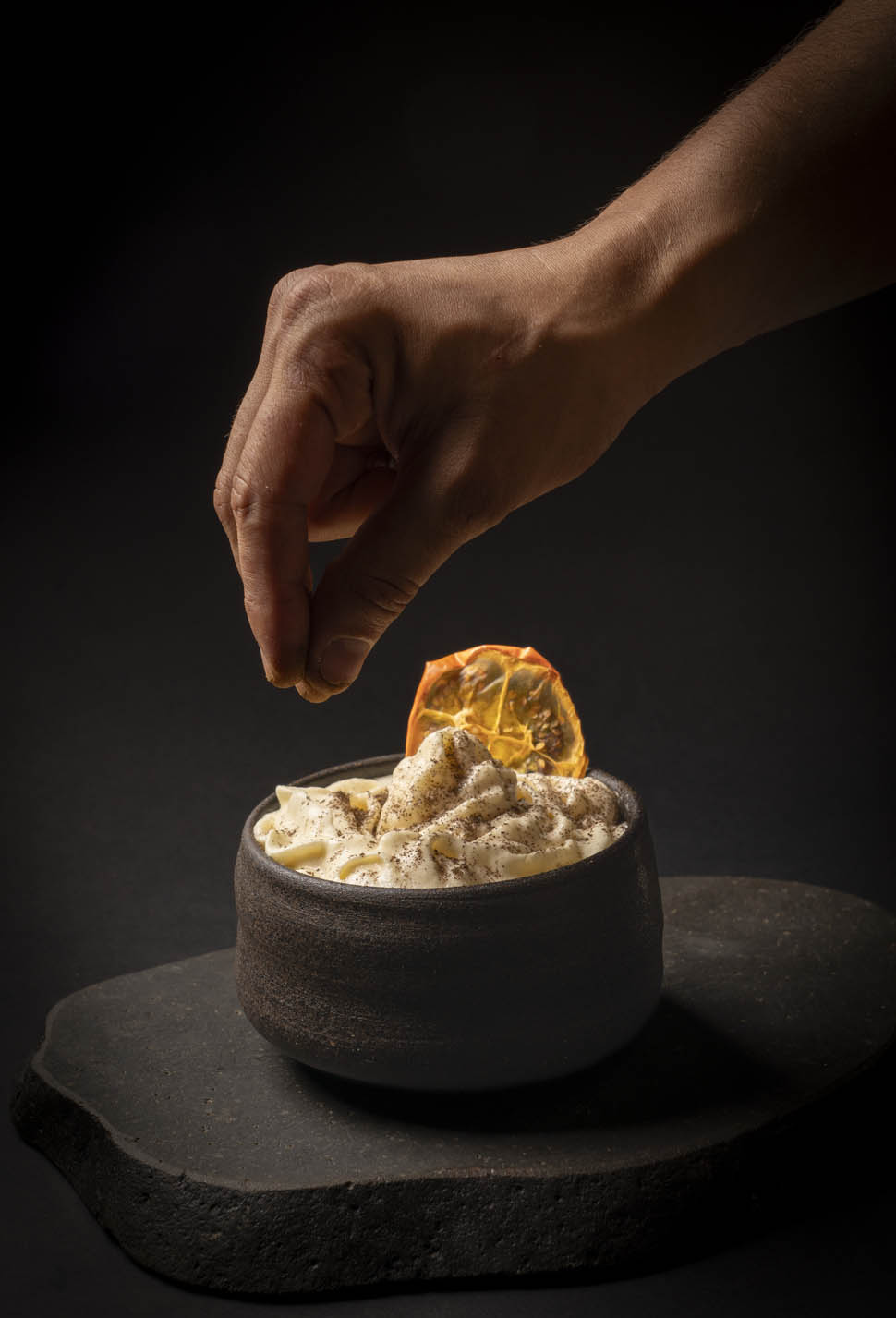
“Raw honey is honey harvested manually by wild bees feeding on the native plants of the Cali cliffs, and is not centrifuged or pasteurized, preserving all its nutrients, minerals and healing properties, as well as its intense flavor and aroma.”
Social projects
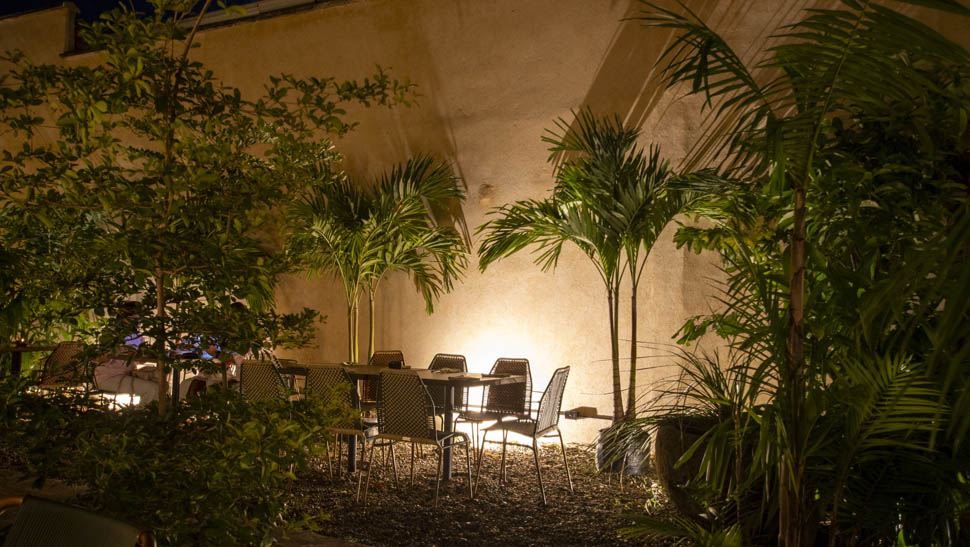
Catalina strongly believes in the importance of using local and seasonal ingredients, always favoring small producers and sustainable practices. For her, cooking is not only an art, but also a social responsibility: choosing local products means supporting the community's economy and preserving the environment. She actively demonstrates this with the projects she always has in place: "Our task is to consciously work for sustainability, understood as the ability to use only local ingredients, indigenous seeds and artisanal inputs, produced in such a way that land, animals and humans come together in a progressive and constant synergy of well-being, seeking the regeneration of soils and water resources. We implement processes to achieve zero waste, welcome suppliers who respect zero kilometer for vegetables, and seek to democratize access to quality.
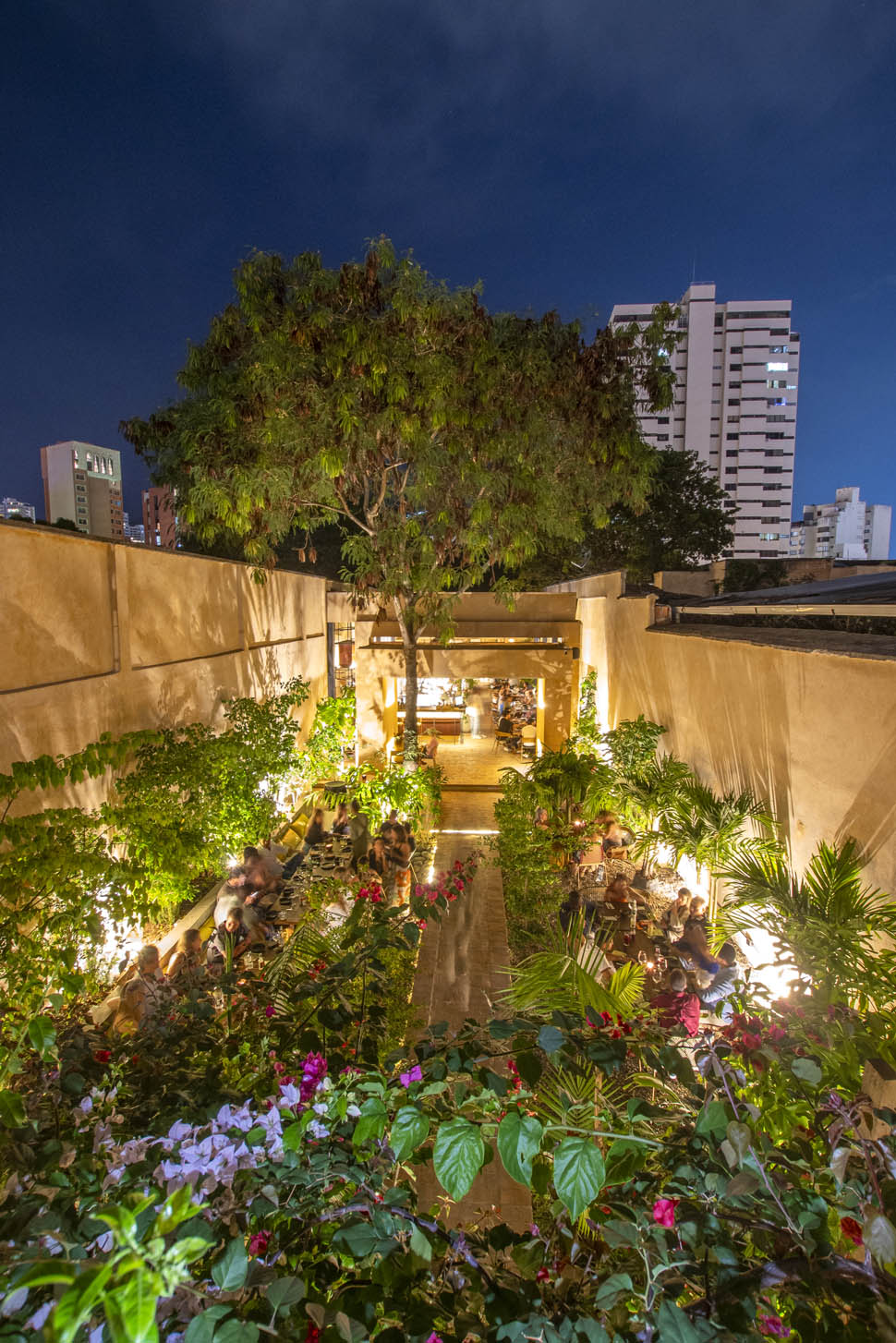
We get to know each of our suppliers closely, integrating them into a model that realizes a network between food sovereignty and identity. We are a fabric of cultural, political and gastronomic events between the rural and the urban. We believe that in order to endure as a project, but more importantly as a nation, we have nothing more to do than to strengthen social capital, that is, the capacity for collaboration and social cooperation among the different groups of a human collective, along with the individual use of the opportunities that come with it," she says. Among them is the project involving the Amazonian Piedemonte in Putumayo. More than 20 families are working to protect and regenerate 22 hectares including 15 hectares of native forest that is part of the last existing ecological corridors on the planet.
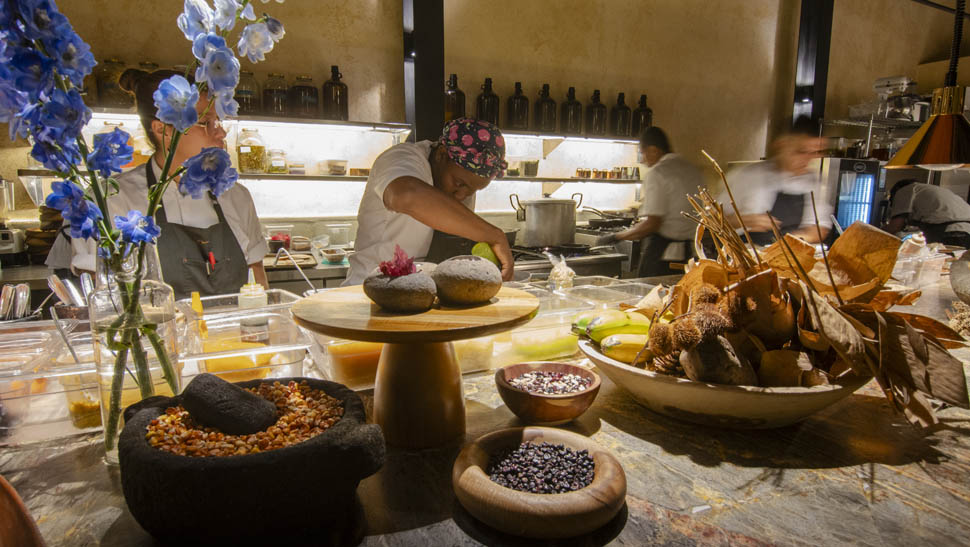
They apply syntropic systems to regenerate areas of degraded soils, implementing diverse and abundant agroecosystems, food forests that mimic, optimize and enhance the processes nature uses to create life, producing ecological connectivity, fertile soil, habitat and food for many living things, including us humans. From them, Cata and her team receive maraco or macambo (theobroma cacao bicolor), cacay, palmito crudo, pipilongo, hoja santa, mishky lemon, coquindo, arazá, sirindango, aguaje, and chontaduro. Then there is the work done with the Misak - Guambia community in Cauca. They are a group of 18 indigenous families working for the sovereignty of their territory, with whom Cata established a cooperative relationship more than seven years ago.
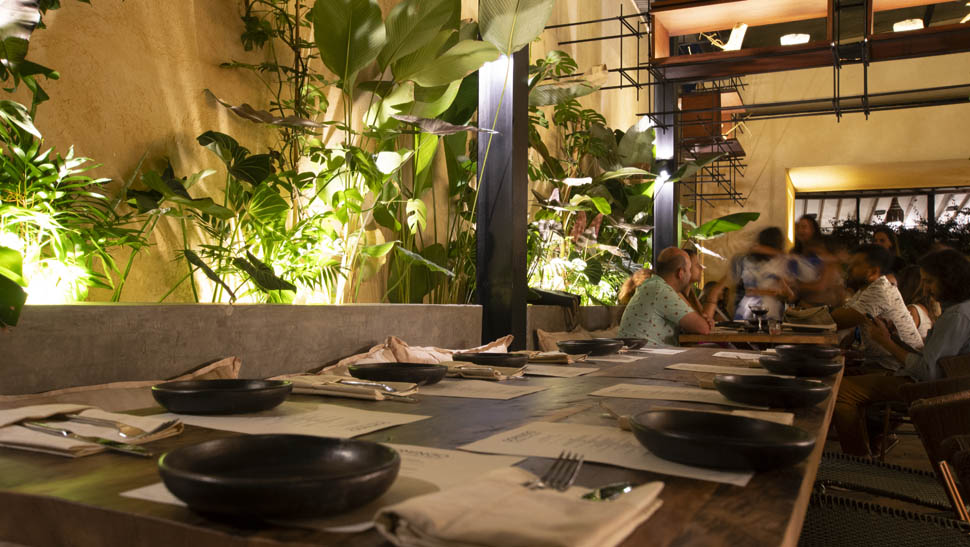
“We have implemented value exchange systems with advance purchases of raw materials and a trust system in which all artisanal products from the community are included in our project.” Today they supply organic strawberries, wild Paramo blackberries, organic agraz (small fruit of the corozo palm), native yellow and red creole potatoes from Mambera, onions, leaf cheese, and forestry butter. They also weave bread baskets from raw wool and make clay dishes for tableware. In the aforementioned Bahía Málaga Cata and her team enhance the area and the small-scale productions of the community living there, keeping alive some traditional work such as that related to “piangua”: an ancestral activity that has always been carried out only by women and that today continues to be perpetuated, within a maze of mangroves where these bivalve mollusks (Anadara tuberculosa and Anadara similis) are harvested. The harvesting of piangua has been an activity that black communities have developed throughout the Colombian Pacific, which today has almost disappeared and motivates the community of La Plata Bahía Málaga, and Chef Vélez, to keep it alive.
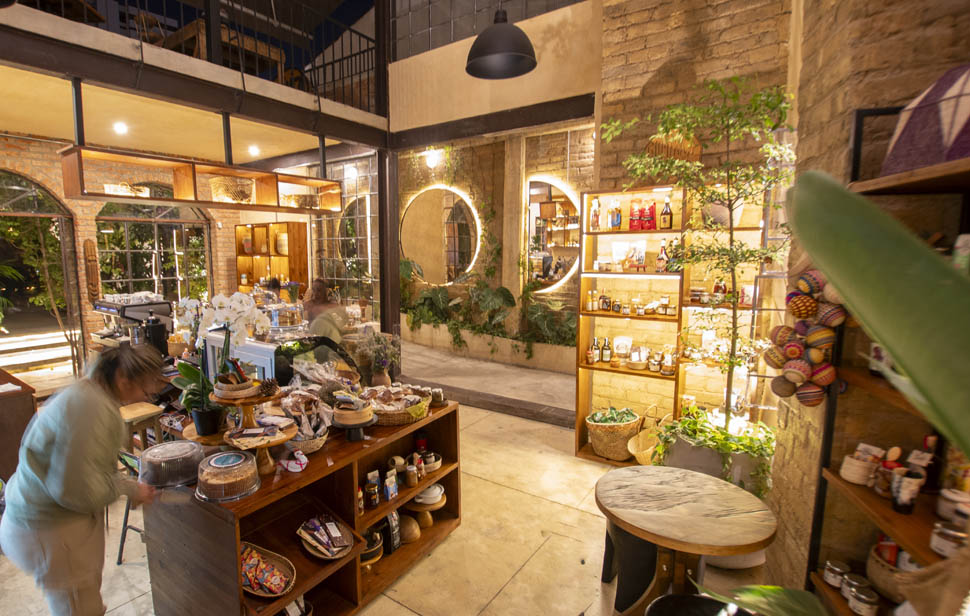
Catalina Vélez is much more than a chef; she is a true scholar of Colombian cuisine, a guardian of traditions who is not afraid to innovate. Thanks to her work, Colombian gastronomy is gaining more and more recognition on the international stage, including with the Domingo restaurant, which has established itself as a must-visit for anyone wishing to discover the true essence of Colombia through its flavors. In a world in which globalization threatens to homogenize gastronomic cultures, Catalina Vélez represents an authentic and powerful voice that invites people to rediscover and value their roots, without renouncing creativity and flavors. Domingo is her manifesto, a place where cuisine becomes storytelling, culture and art, to offer a gastronomic experience that leaves an indelible imprint on the soul of those lucky enough to meet her.
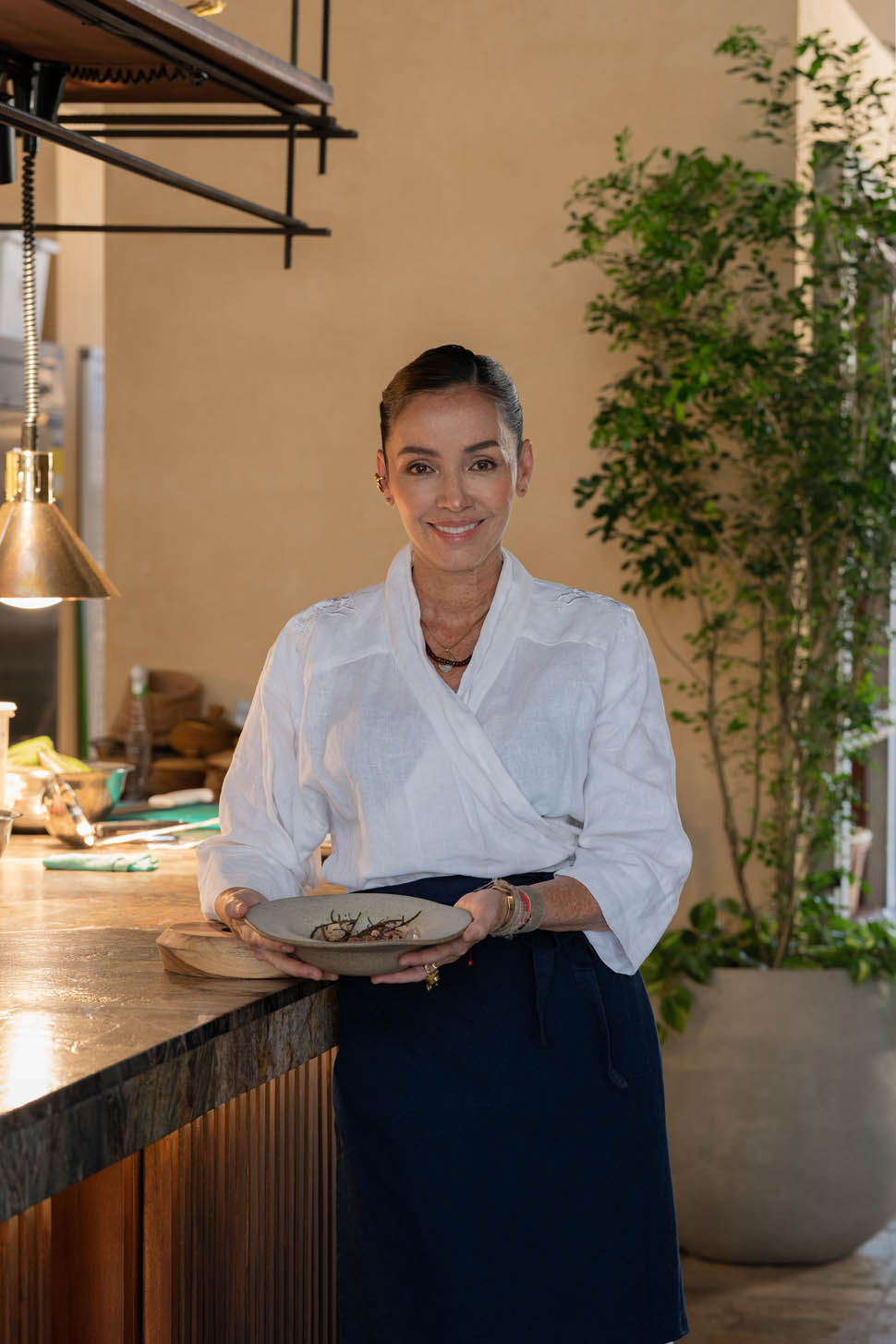
Contact
Domingo
Cra 5 #2-97 San Antonio, Santiago de Cali, Colombia
Phone +57 313 7902109
domingovereda@gmail.com
